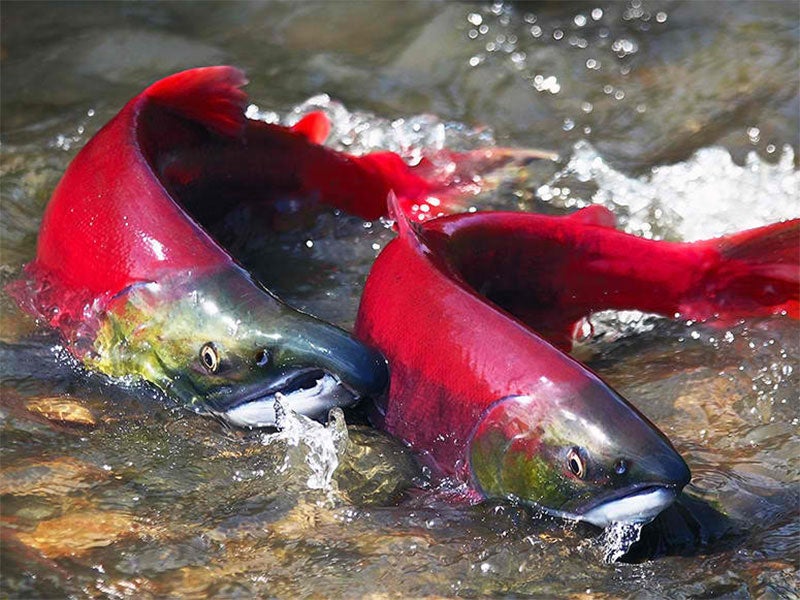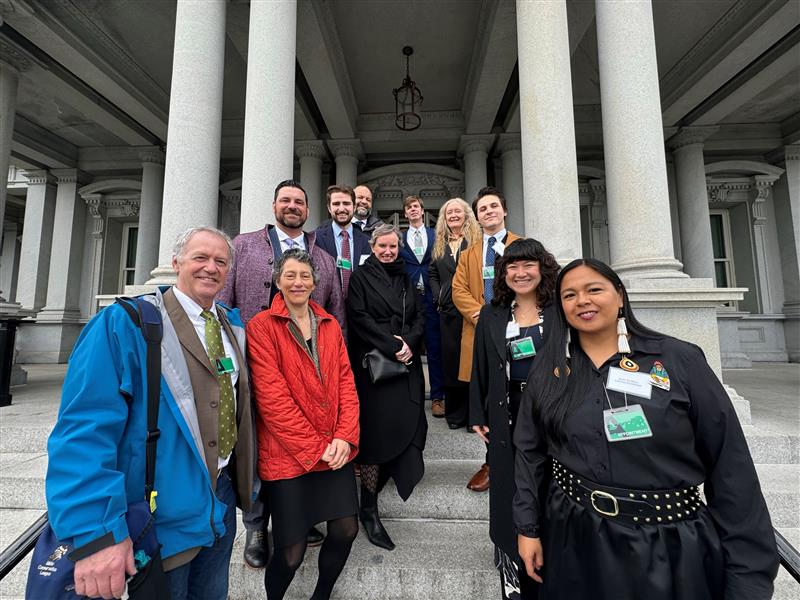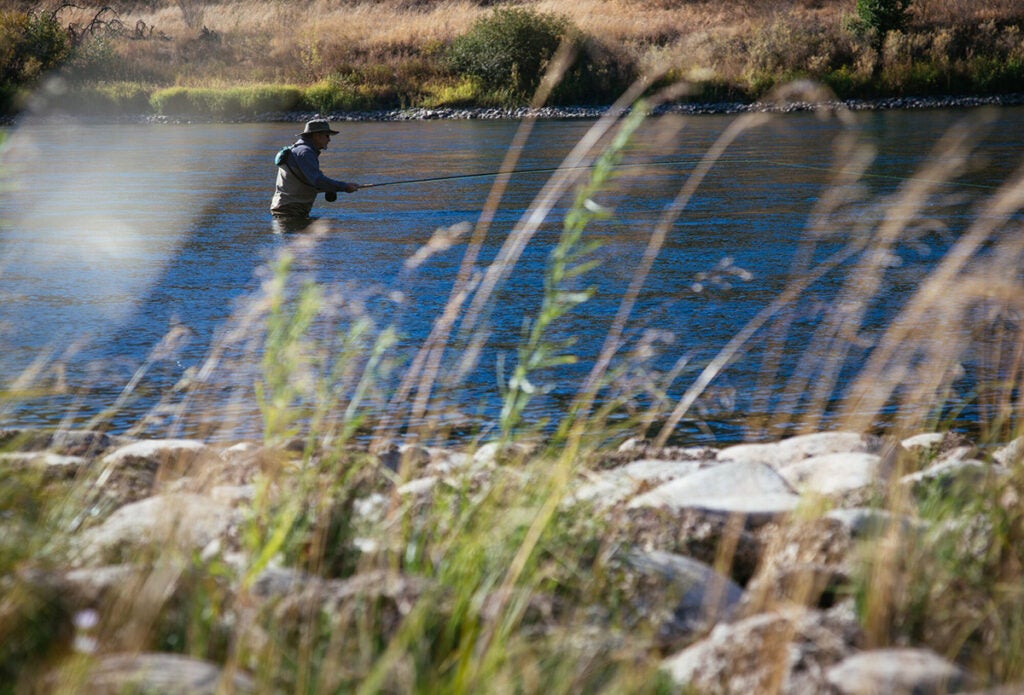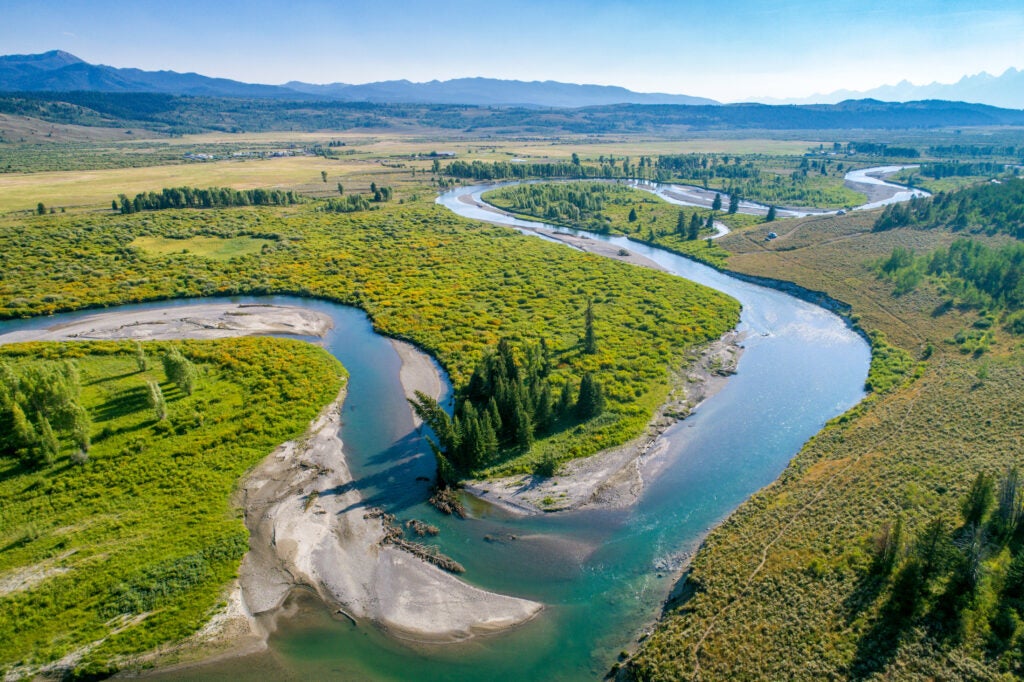Recovering Columbia/Snake River Salmon
Earthjustice is spearheading litigation aimed at restoring these salmon by making the river more hospitable, benefitting both the communities that depend on these fish and a host of other endangered species, like Puget Sound Killer Whales, that rely on salmon.
Case Overview
Earthjustice’s efforts to protect west coast salmon all began in 1988, when Earthjustice attorney Mike Sherwood received a phone call from the president of the American Fisheries Society—alarmed that only 2,000 of the typical 200,000 adult king salmon had returned to California’s Sacramento River to spawn. Filing on behalf of the American Fisheries Society, Sherwood tried to force the government to list the species under the Endangered Species Act, a case he lost in the lower courts—but later won. Those Sacramento chinook salmon were the first of 28 different runs of west coast salmon and steelhead eventually protected under the Endangered Species Act, including 13 runs in the Columbia River Basin.
Securing protection for these iconic fish was only the first step in an on-going Earthjustice campaign to protect and restore wild salmon to the major salmon rivers of the west coast. Decades later, Earthjustice is still battling to save salmon up and down the west coast—after multiple cases involving water releases, dam operations and river dredging. A key piece of this broader campaign is litigation in the Columbia River Basin to compel changes to the operation of the large, federal hydroelectric dams—four on the Columbia and four on the lower Snake—that transform these rivers into slackwater reservoirs, drastically alter natural river flows, and pose lethal obstacles to juvenile salmon migrating downstream to the ocean. Through a series of successful cases, we have secured court orders requiring the federal agencies that own and operate these dams to increase dramatically the amount of water they release over the dams to safely carry young salmon down the river and to sea. These efforts have helped produce some of the best fall Chinook salmon returns in decades and have helped to keep other runs from declining further, but the number of returning wild fish is still well below what is necessary for their survival, and nowhere near what’s necessary for their recovery.
Restoring salmon in the Columbia and Snake Rivers benefits the region’s economy and way of life in countless ways. Because the salmon-killing dams on the Columbia and Snake Rivers rob Puget Sound’s endangered orca population of a vital food source, salmon recovery in the Columbia River basin benefits orca recovery in Puget Sound.

Case Updates
Case page created on April 16, 2005.



